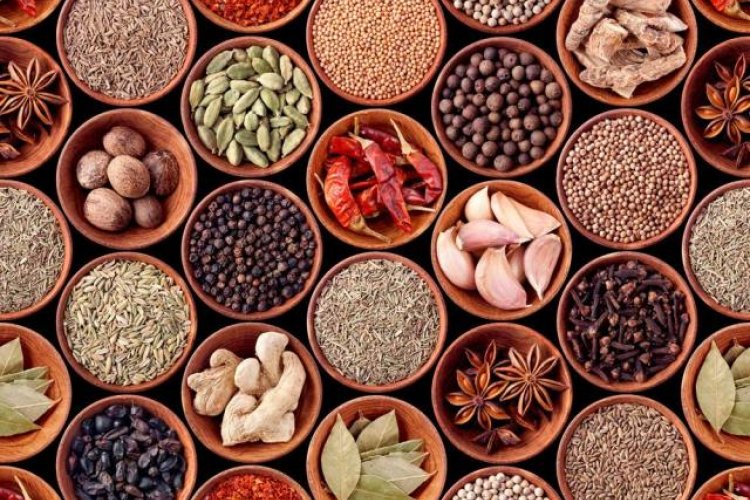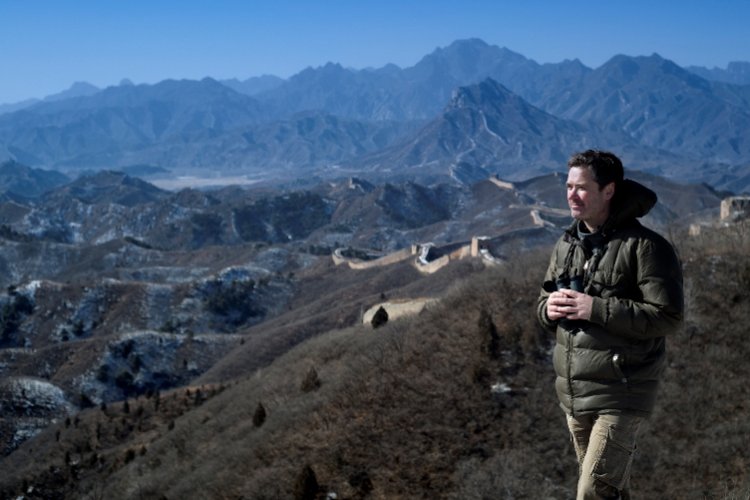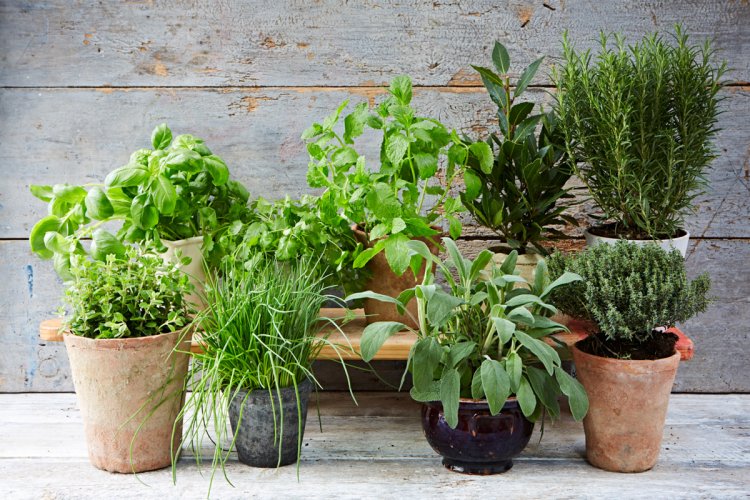Old China Hand Shangrila Farms Co-Founder Sahra Malik and CEO Discusses Her Deep China Roots
At 37-years-old, Sahra Malik might seem too young to be an “old China hand.” However, the decade that the Shangrila Farms (shangrilafarms.com) co-founder and CEO and her family have spent in China has arguably been more impactful than most expats who have lived here far longer.
For starters, there’s the success that Sahra and her 36-year-old sister Alia and 30-year-old brother Safi (all of whom are half Pakistani and half American and grew up in New York) have attained with the Shangrila Farms brand, supplying 100 hotels and 200 restaurants with their organic wares. Among those clients are renowned high-end restaurants in Beijing like TRB and Opera Bombana, major chains like Wagas, and hotels like Shangri-La, Park Hyatt, and The Opposite House.
But that’s not all. Their farm in Shangri-La county, Yunnan, began as a social enterprise brand in 2009. Sahra recalls how at the time she and her family saw it as an opportunity to “increase income for Yunnan farmers by marketing and distributing local superior products under a scalable platform.” However, the organic coffee beans and honey that they grew with their Yunnanese friends became such a hit that “soon after we realized the potential of this coffee project as well as a way to support rural communities in beautiful Yunnan.” That prompted Sahra to quit her gig in advertising and manage their growing coffee business. At the same time, her sister Alia started working on honey with other Shangrila county farmers. In January 2010 the sisters partnered together, and, as Sahra explains, became “a natural products company that sells organic coffee, natural and pure exotic honey, all natural fruit preserves, and handcrafted skincare products.”

Those inroads that Sahra and her siblings made in Shangri-La echo their parents’ endeavors, which began when their father, Khalid Malik, was posted as United Nations Resident Coordinator in China in 2003, bringing his family in tow. Two years later, their mother, Carter Malik, founded the Yunnan Mountain Handicraft Centre in the heart of Shangri-La’s historic old town. “It became a place to learn about and celebrate the local ethnic diversity and cultural heritage. We set up a second home base in Shangri-La and often traveled there,” Sahra fondly recalls, adding: “Over time, we established relationships with craftspeople, farmers, and suppliers in the area.” And after seeing the poverty that their Yunnanese friends endured, the Maliks were compelled to start Shangrila Farms and offer local workers a fairer shake. Sahra considers the company's biggest achievements to have been "in the social projects in partnership with the Yunnan Mountain Heritage Foundation. We give back to poor rural communities in China, in particular, Yunnan province.”
Those projects include over 10,000 local farmers who have been impacted through corporate social responsibility (CSR) projects; eight rural beekeeping projects over the last 10 years, which provide free training and tools to farmers in five local villages around the Shangri-La area; and the successful launch of a drip irrigation project funded by HSBC bank installed in a 13-acre plot of land for coffee farmers in Yunnan, which is a much needed countermeasure against drought.
Sahra says such goodwill work has been very rewarding, especially having now seen how much Beijingers enjoy the organic products borne from it. And while organic coffee and honey have arguably been their signature products, Sahra is also very open to growing more fiery wares (making her a prime profile subject for this spice-themed issue of our magazine). As she puts it: “I have been opened up to a whole new cuisine and palette of spice and spices,” during her time in China, adding: “I have also developed a taste for super spicy – not quite Sichuan level of spice, but I love lajiao and often add it to food. Our vision is to make Shangrila Farms a natural products brand and increase our portfolio, so we are also looking for interesting and new items – and spices can definitely fit into that.”

Shangrila Farms is also known for putting on indoor and urban gardening seminars. In keeping with our spicy theme, Sahra Malik has detailed instructions for growing your own chili peppers at home:
“Getting the tiny seeds to germinate can be challenging, but once they start sprouting, they are relatively easy to maintain. Select clean plastic pots or grow trays to start your pepper plants. Avoid pots containing peat because this can prevent the peppers from germinating. Keep your hot pepper plants in a warm, well-lit spot and you can look forward to plenty of red, green, or yellow-orange peppers.”
- Choose a smaller flower pot and fill it with soil.
- Press one seed into each prepared pot, at least .5cm deep, into the center of the potting mixture. Cover the planted seeds with soil.
- Place the pots in a warm, well-ventilated room.
- Water the plants with warm water until water runs from the drainage holes in the bottom. Keep the pepper plants uniformly moist, but do not over-water them or the seeds might rot.
- After the seedlings reach 10cm in length, water them with a 50-50 mixture of water and liquid fertilizer once a week (tip: coffee grinds make for a great fertilizer!).
- Transplant the seedlings into larger pots when plants look like they are outgrowing the pots.
- Place the plants in a window where they can receive direct sunlight for 10 to 12 hours per day, or use grow lamps set 20cm away from the tops of the plants. The plants typically produce fruit in 90 to 110 days.
- Harvest the peppers when the fruits are shiny and firm. Grasp each pepper near the stem and gently tug it loose. Most varieties of hot peppers will continue to produce fruit for several months.
More stories by this author here.
Email: kylemullin@truerun.com
Twitter: @MulKyle
Instagram: mullin.kyle
Photos courtesy of Sahra Malik






